Exploring the Potential of Seaweed Farming for Sustainable Aquaculture in Chile
The Challenge: Advancing Sustainable Aquaculture
The global food system relies heavily on fertile land for food production, but most of it is already in use. With a growing population and increasing food demand, it’s essential to explore complementary solutions.
The Sustainable marine aquaculture emerges as a key alternative—especially considering that the ocean currently provides only 2% of the world’s food supply.
In Chile, seaweed forests play a critical role in coastal ecosystems. They serve as habitat and food for more than 100 marine species , including 25 reef fish species, and also provide essential ecosystem services such as:
- Carbon capture, helping to mitigate climate change
- Nutrient pollution reduction in coastal waterways
- Support for local economies through seaweed harvesting and trade
Recent studies estimate that in northern Chile alone, the ecosystem services of two wild seaweed species generate an annual value of USD 540 million (Cuba et al., 2022)—highlighting their environmental and economic importance.
The Opportunity: Toward a Sustainable Aquaculture Model
This presents a unique opportunity to strengthen a sustainable aquaculture industry that boosts economic development in coastal communities while protecting marine ecosystems.
To move in this direction, Mayma and The Nature Conservancy Chile (TNC) are co-creating a shared vision and roadmap for the development of a seaweed aquaculture industry in Chile.
The work focuses on:
- Identifying economic and social opportunities to improve coastal livelihoods.
- Assessing technical challenges and the investments needed in infrastructure and support services
- Analyzing market potential and growth opportunities.
- Recommending public policy strategies to scale sustainable aquaculture
Through this initiative, we aim to establish an efficient, responsible, and conservation-aligned seaweed industry—balancing production, environmental preservation, and community well-being.

Our Approach
At Mayma Azul, we combine research and fieldwork to unlock the potential of seaweed farming in Chile. Together with The Nature Conservancy Chile (TNC), we are exploring this opportunity in a country that leads in aquaculture production but also faces environmental and economic challenges due to extractive models.
Between June and November 2024, we developed a project to define a roadmap for sustainable seaweed aquaculture. In Phase 1, we conducted:
- A thorough diagnostic with field visits to seaweed-harvesting communities in Chile’s Los Lagos Region (Region X)
- 82 interviews with key stakeholders and a detailed market analysis
- A public engagement event to expand the dialogue on sustainable aquaculture
Our approach helped surface economic, social, and environmental opportunities—highlighting the key role of women in the seaweed value chain.
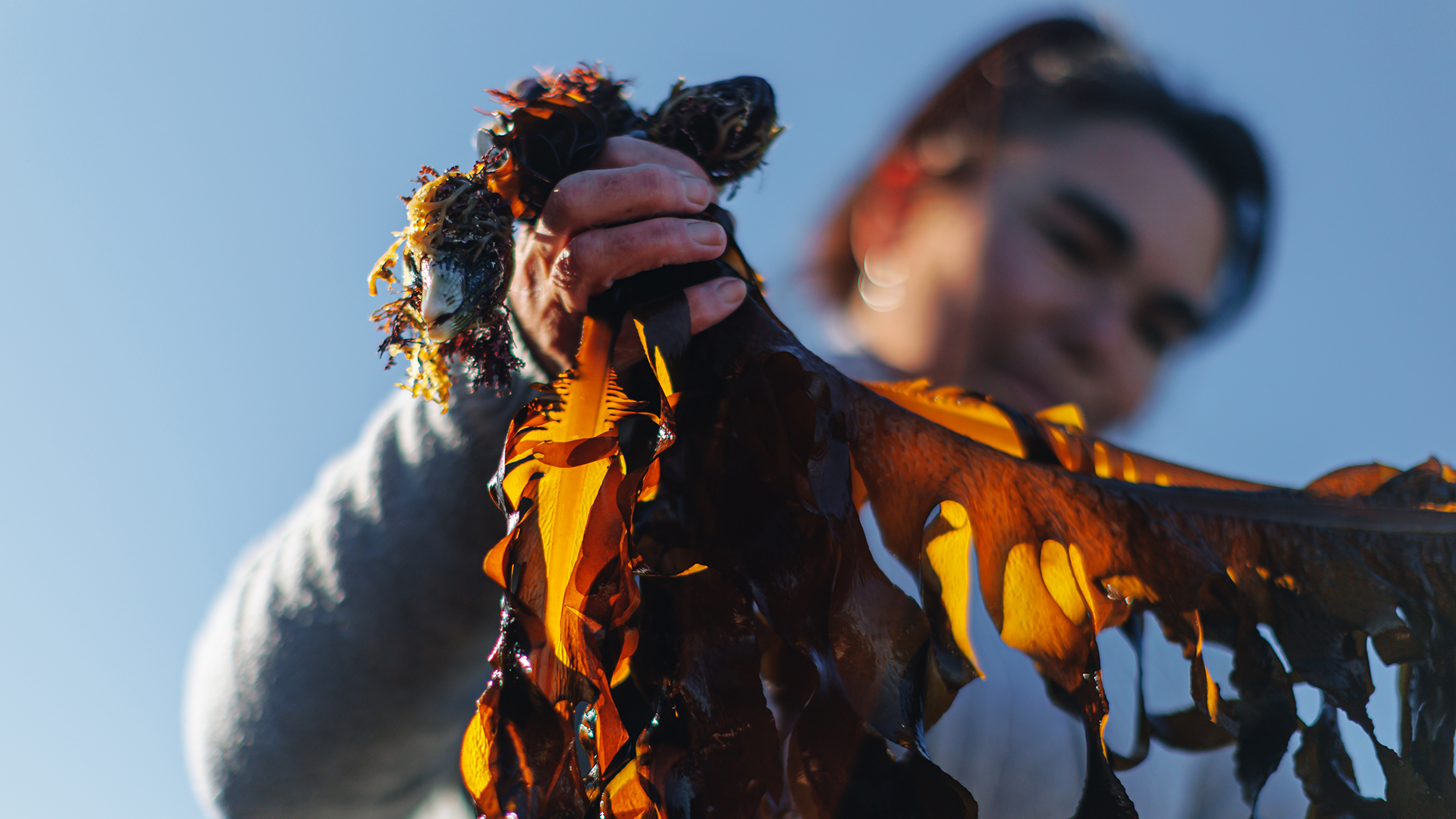
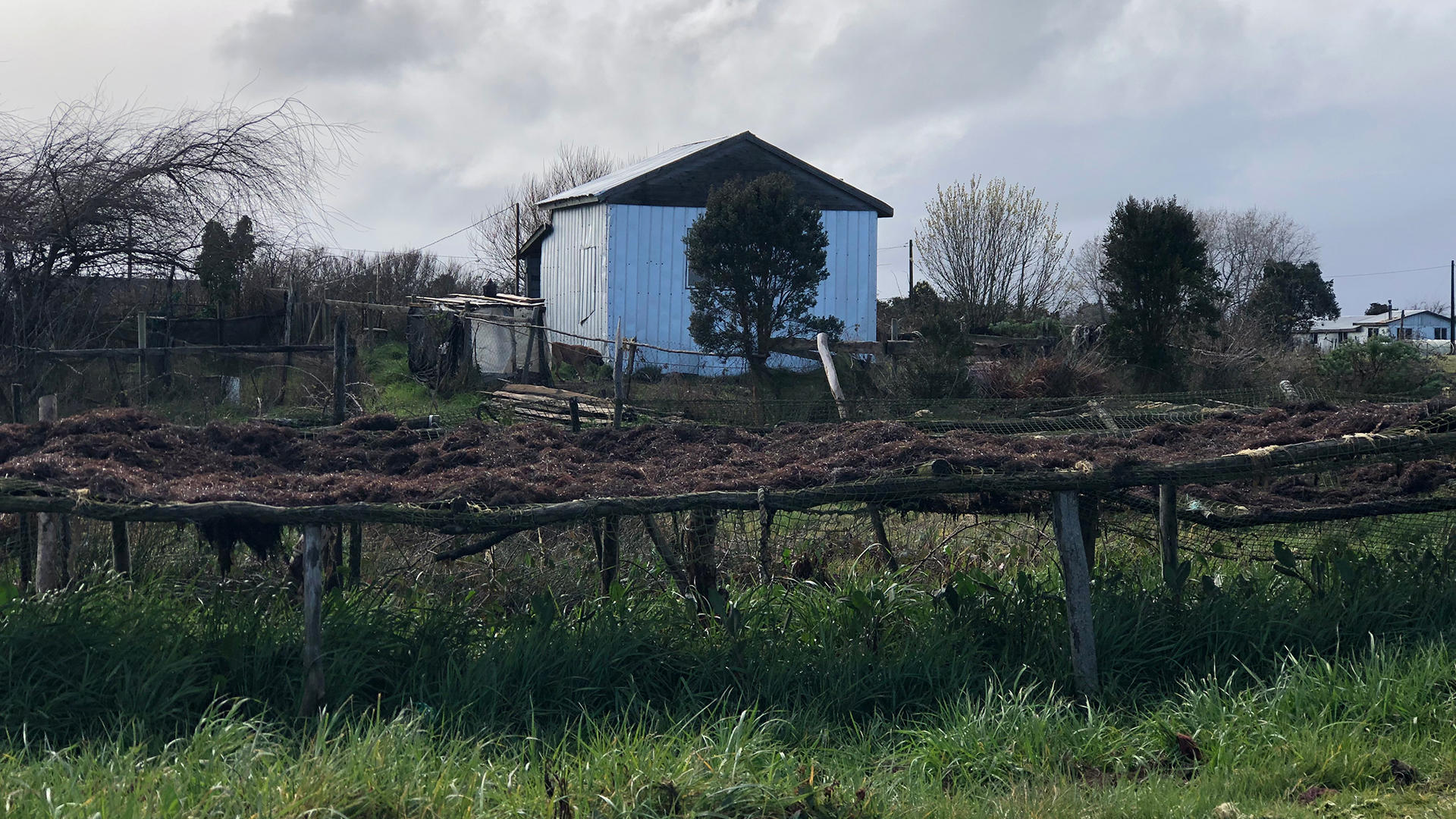

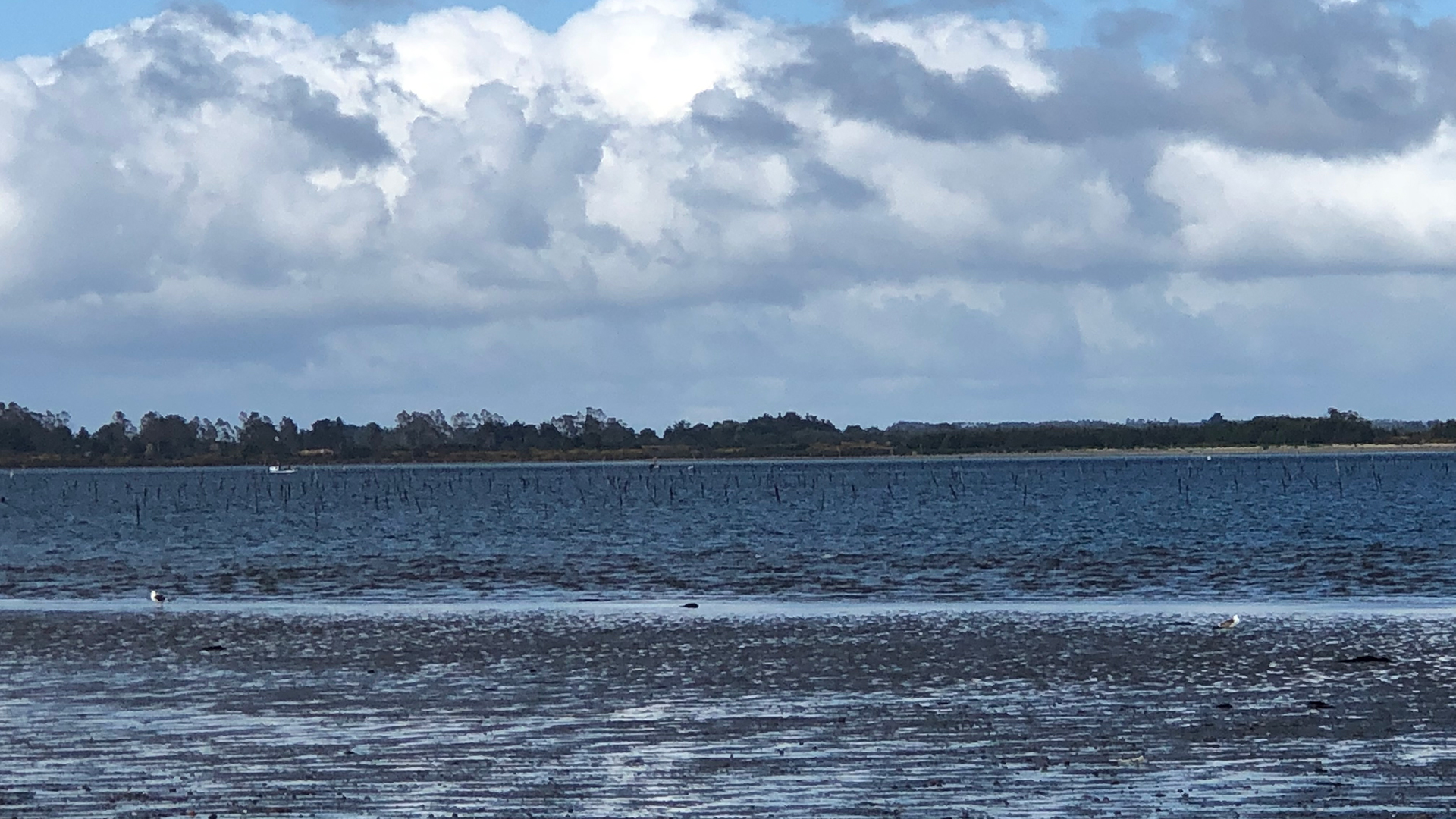
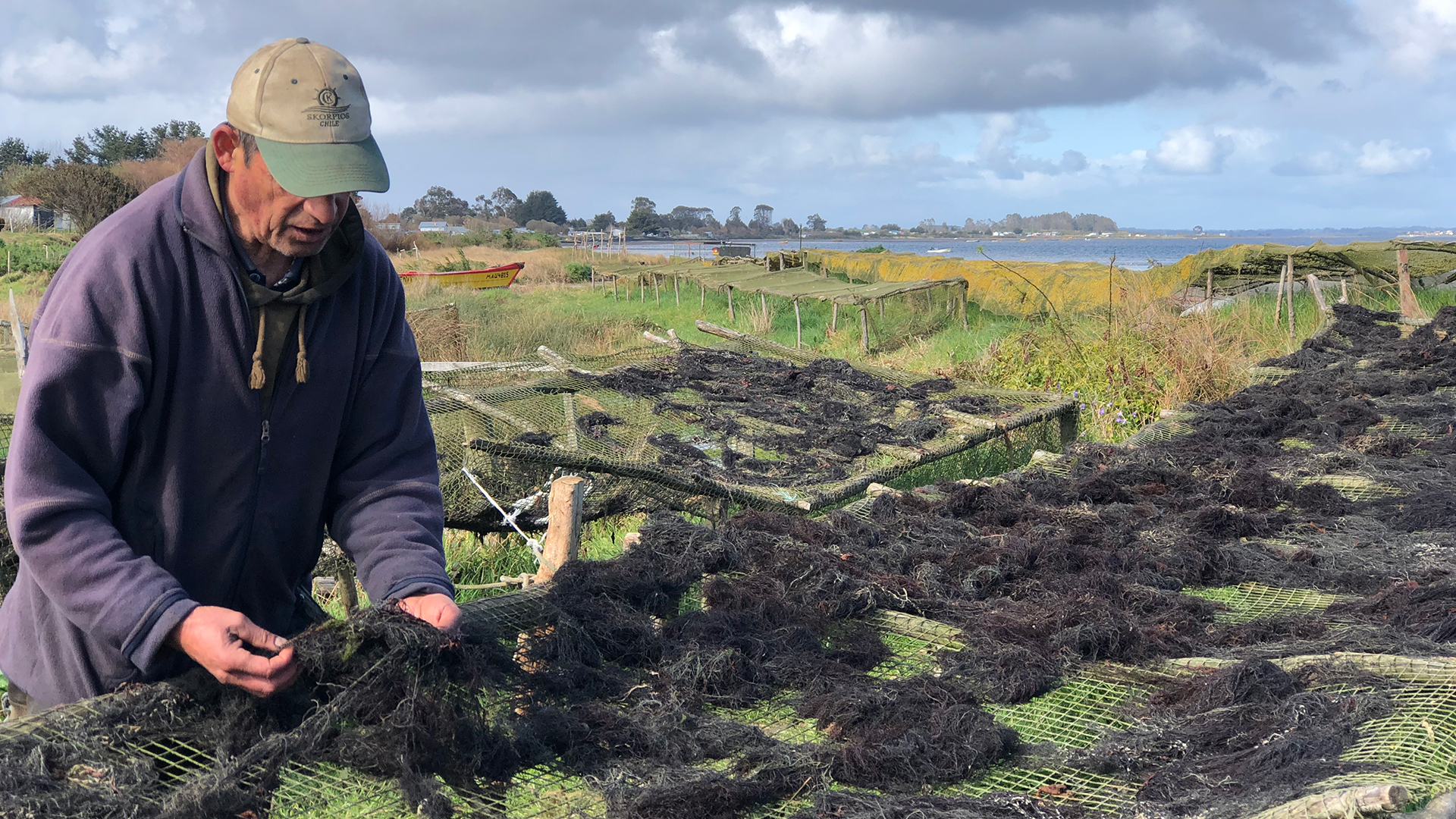
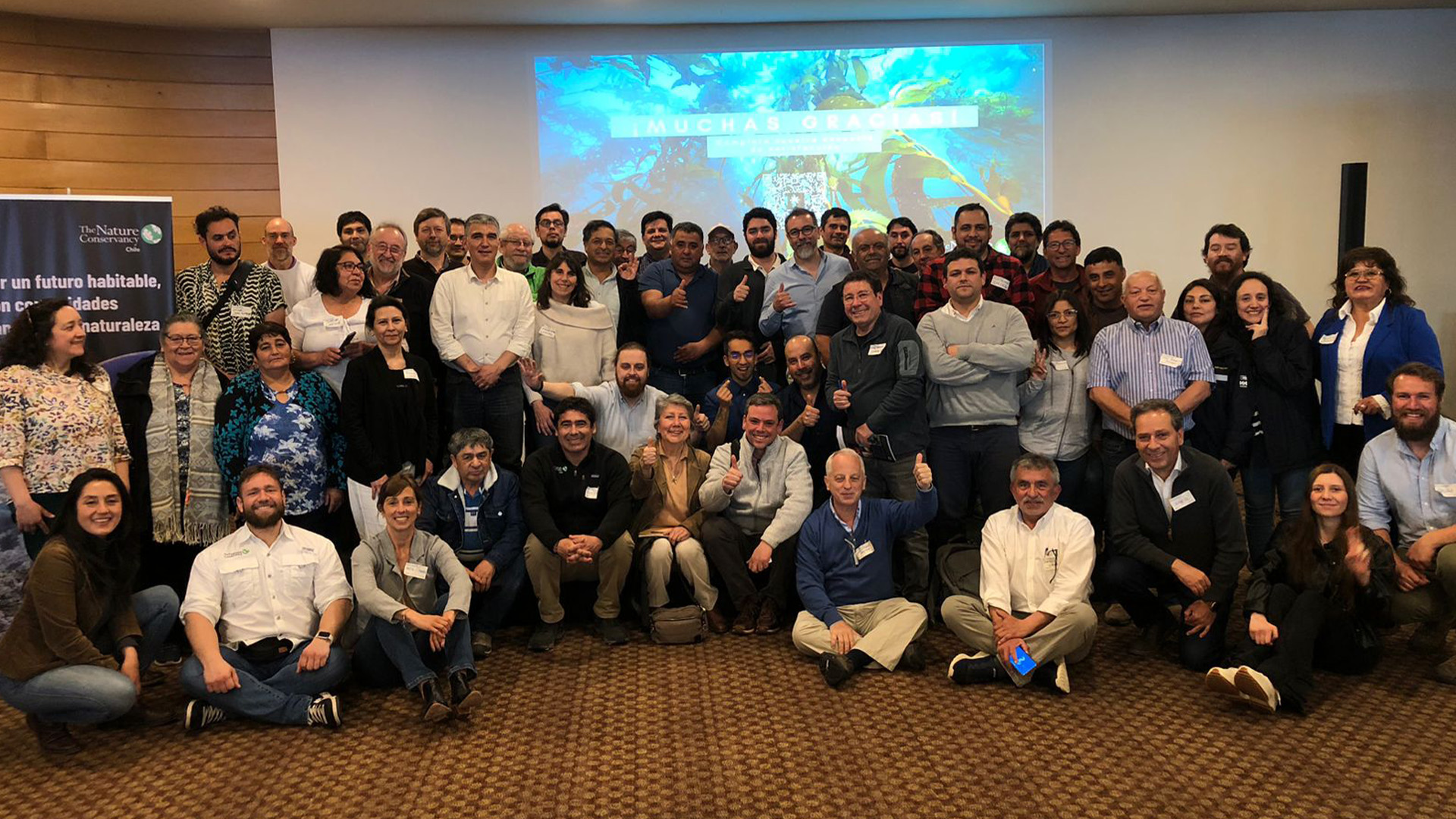
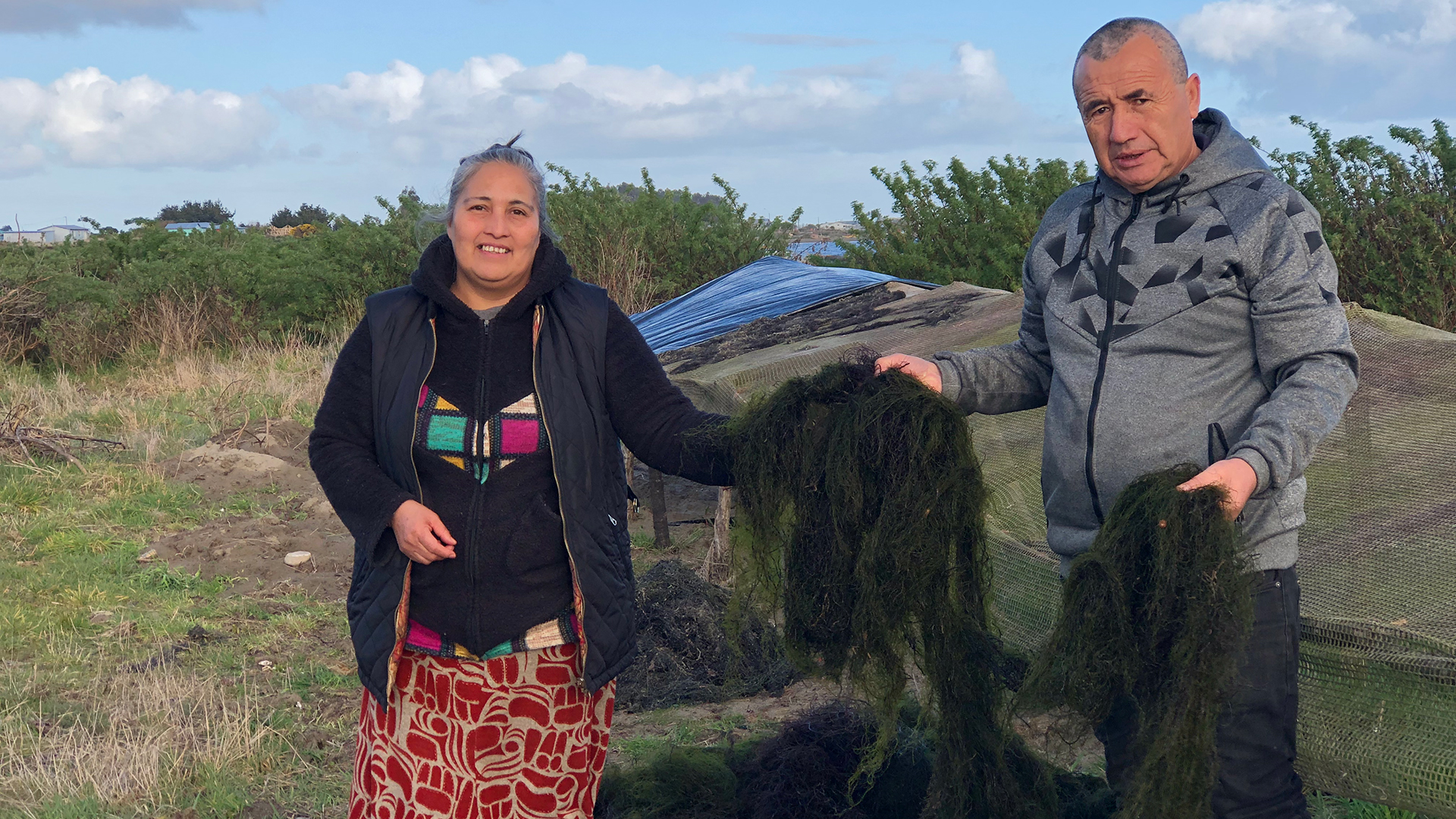
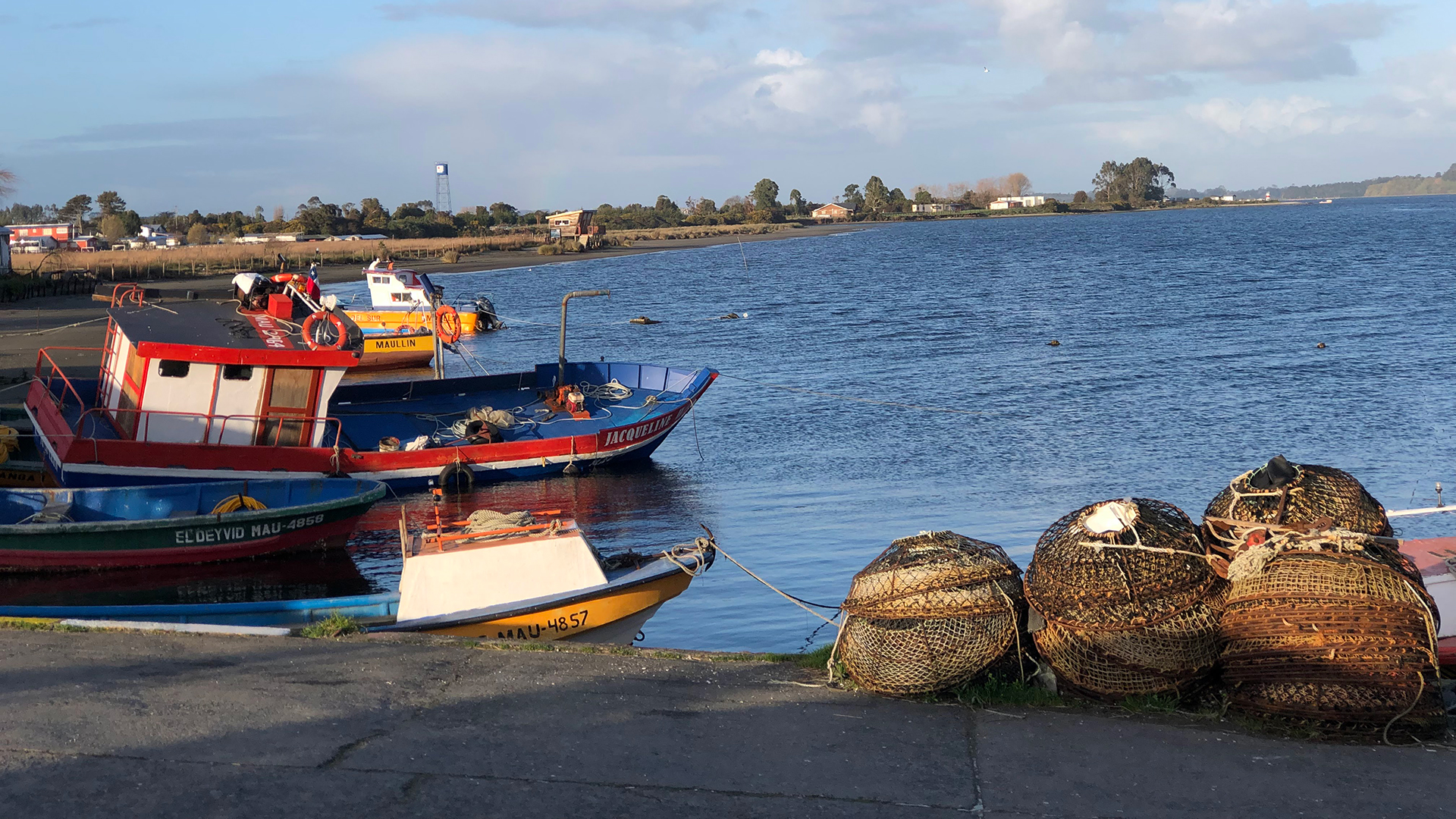

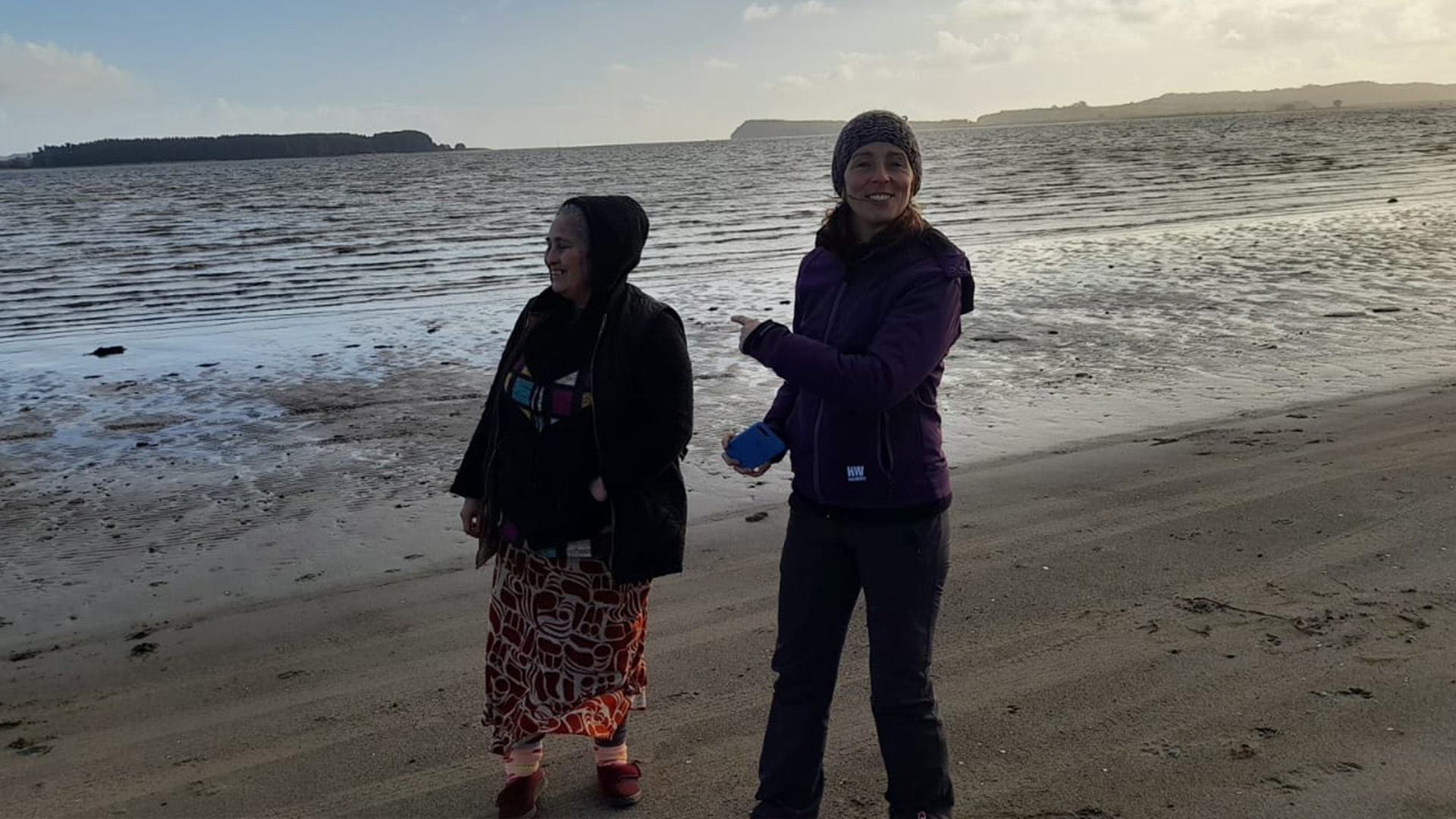
Project Team
Ana Webb is a biologist and holds a Master’s degree in Aquaculture from the Universidad Católica del Norte (Chile), with over 17 years of experience in sustainable aquaculture in Chile and Argentina. Raised in Patagonia, her connection to the sector began in childhood. She is a sustainability consultant, B Corp ambassador, and advocate for the Sustainable Development Goals (SDGs). Ana supports entrepreneurs and communities in their pursuit of triple impact, with a focus on environmental education and water stewardship.
Juan Pablo is a diving instructor and Aquaculture Engineer with 20 years of experience in production and trade within Chile’s salmon and mussel industries.
He stands out for his work in the maritime sector and his strong connection with coastal communities. A natural leader, he has remarkable skills in negotiation, team integration, and motivation. His holistic approach to project and business management enables him to identify opportunities and drive sustainable innovation, adding value to the industries he serves.
Mariella is a historian with a Master’s degree in Social Responsibility Management, born in Lima into a family connected to spearfishing. Inspired by her parents, she began working on social impact projects at the age of 18. She served as a social specialist in programs led by the Peruvian government and the World Bank. Today, as an independent consultant, she continues working with fishing communities and sharing her hands-on knowledge throughout Latin America.

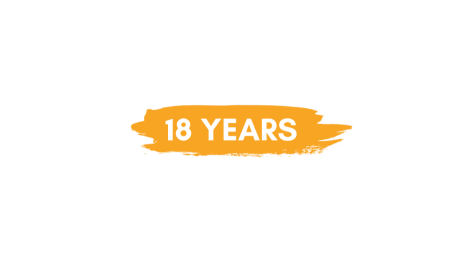
Empowering
entrepreneurs

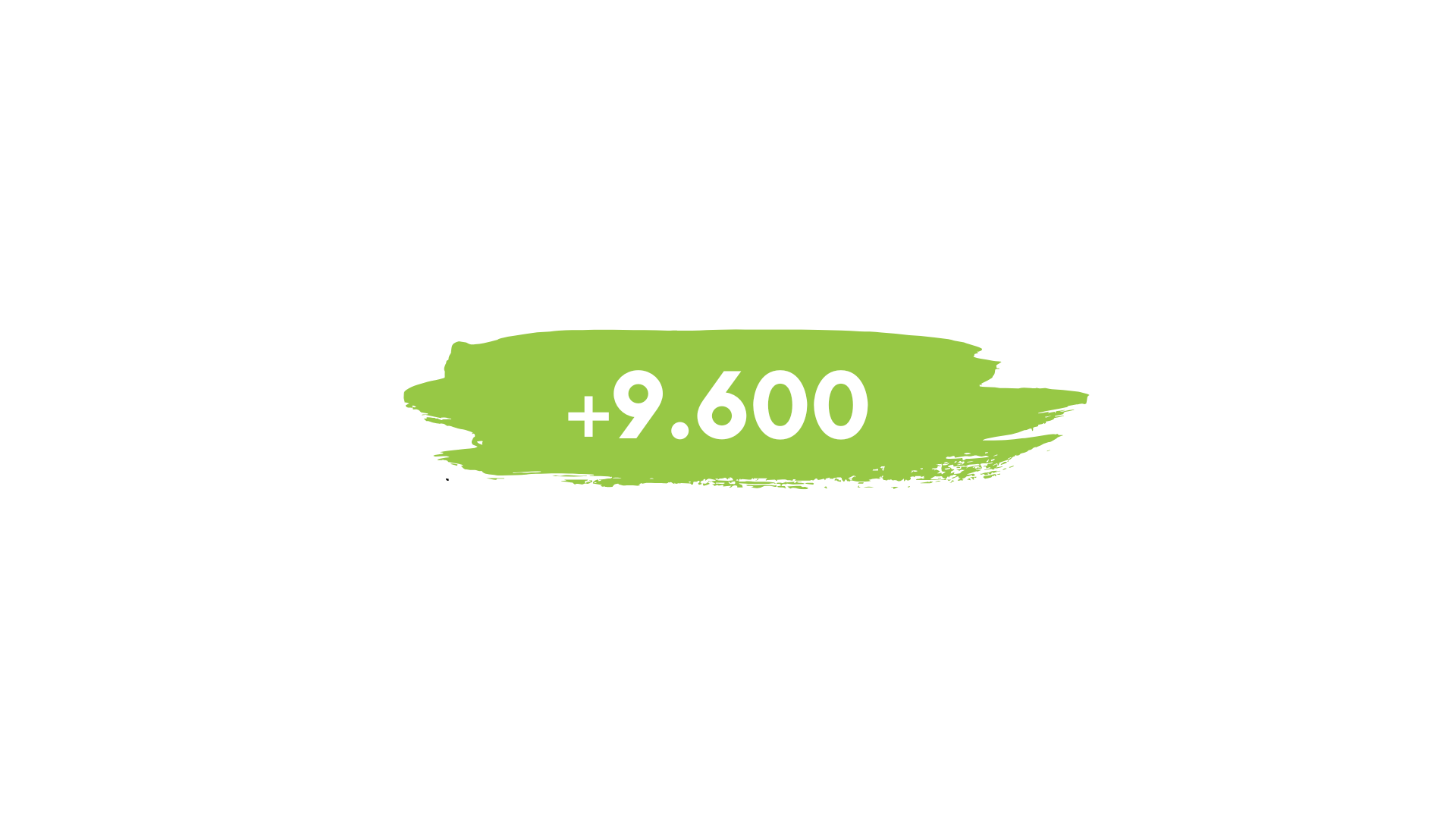
Empowered
ventures

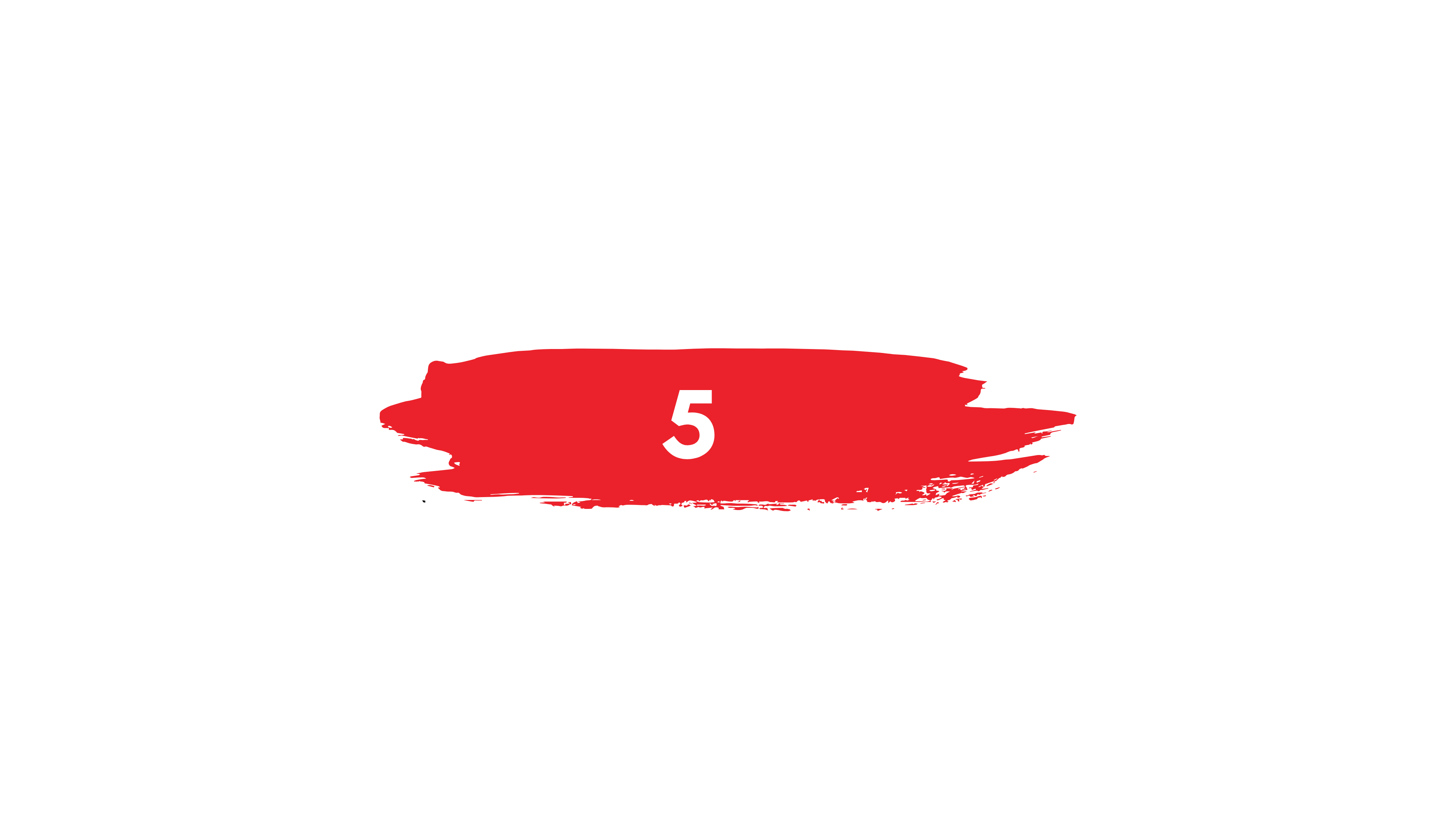
LATAM countries

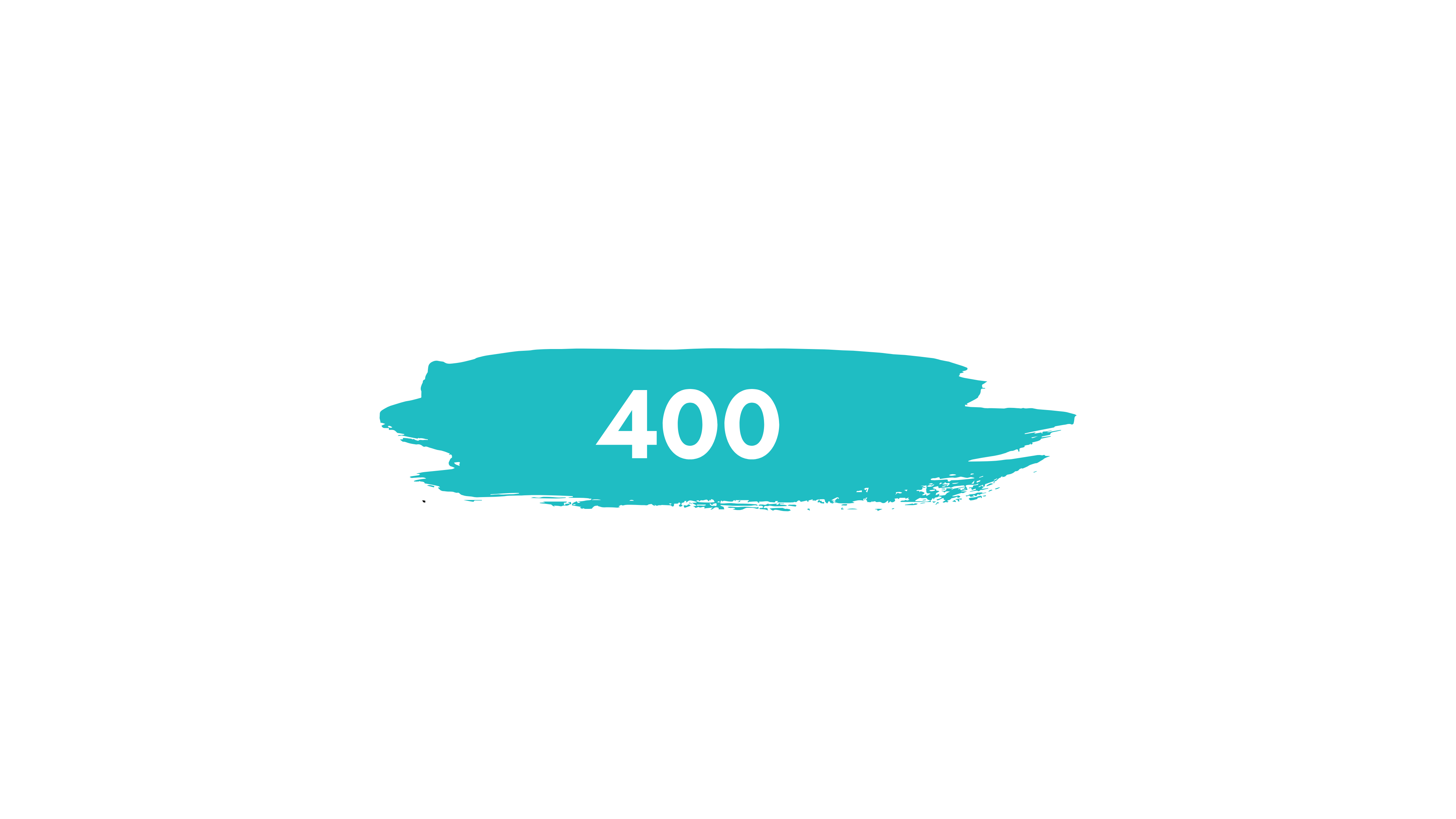
Business mentors
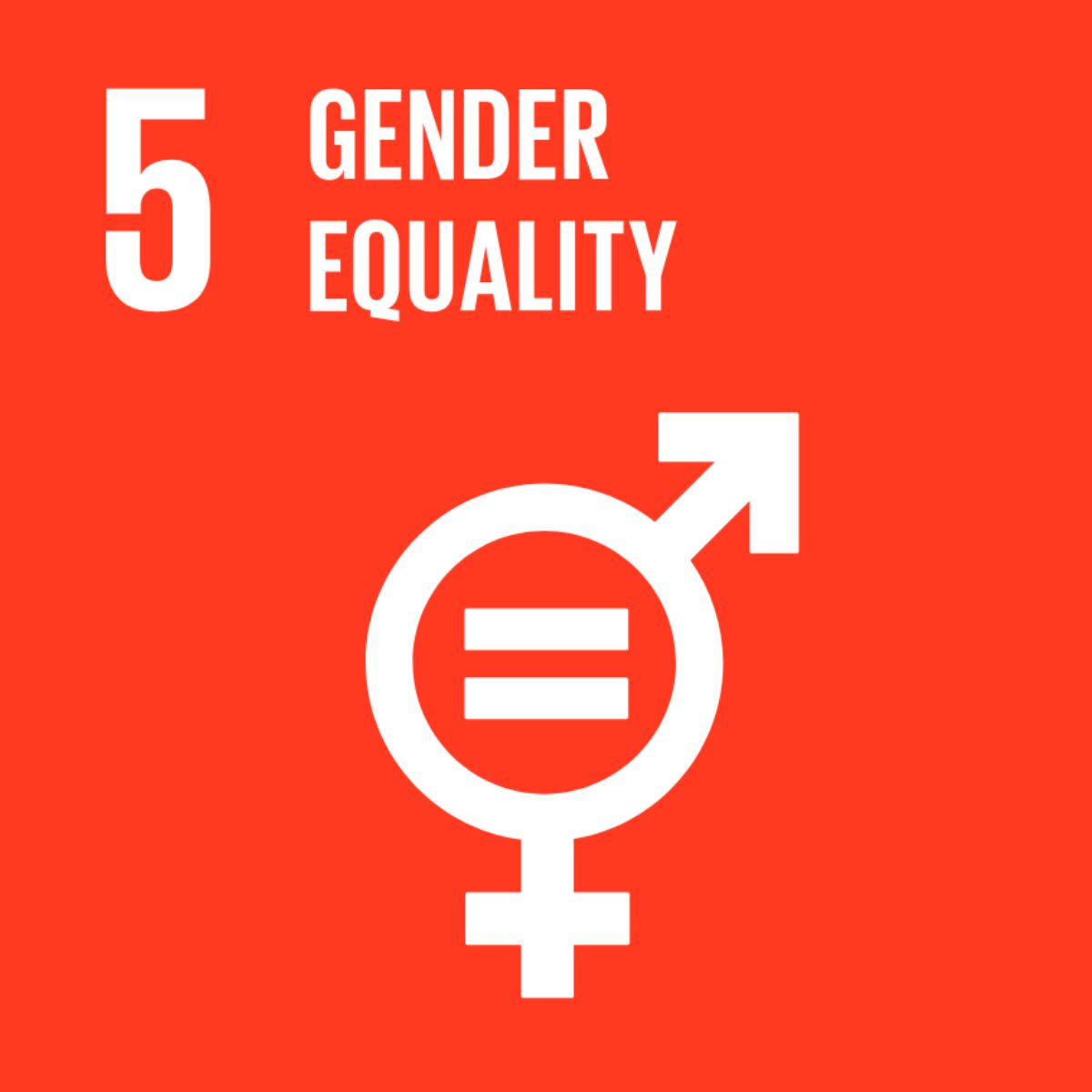
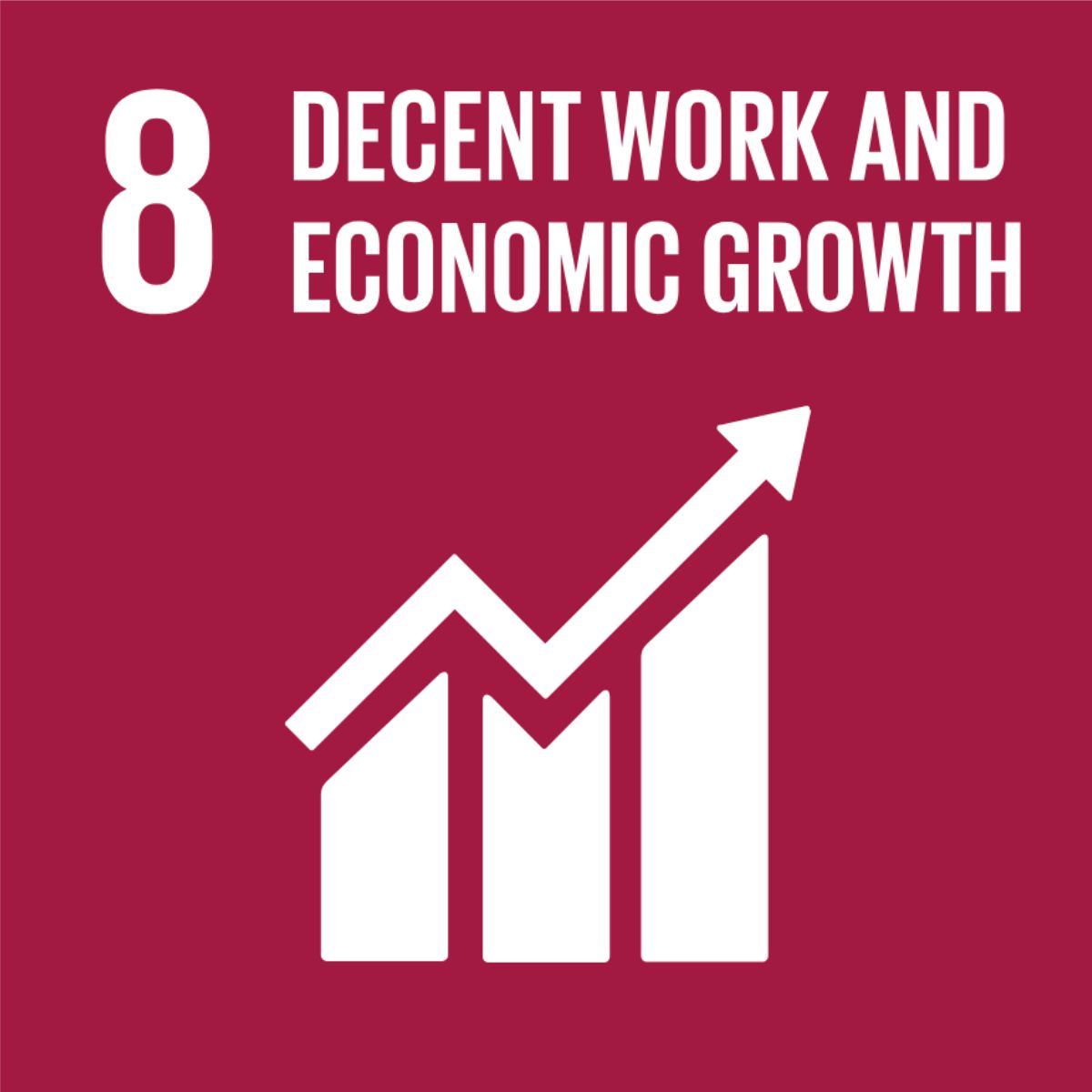
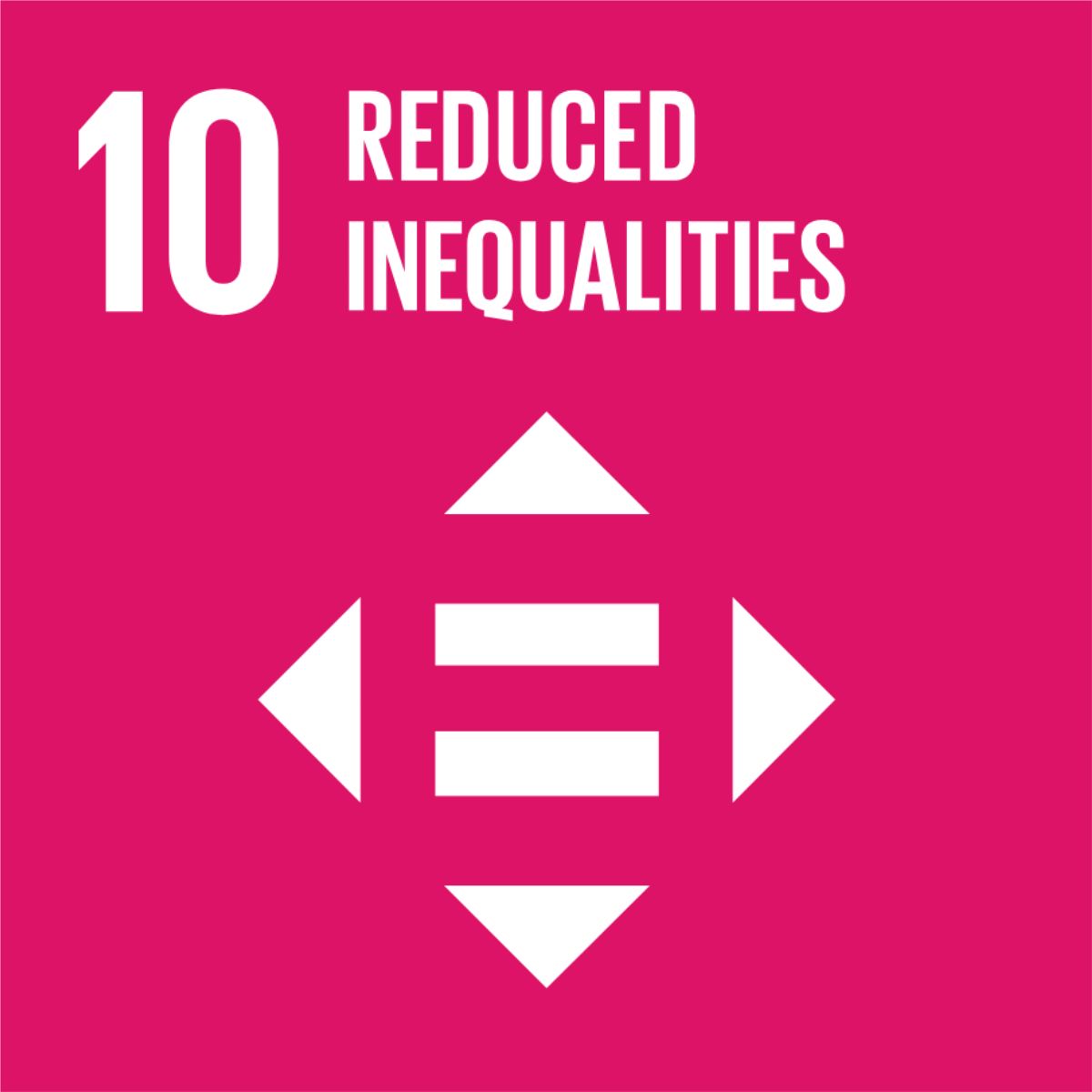
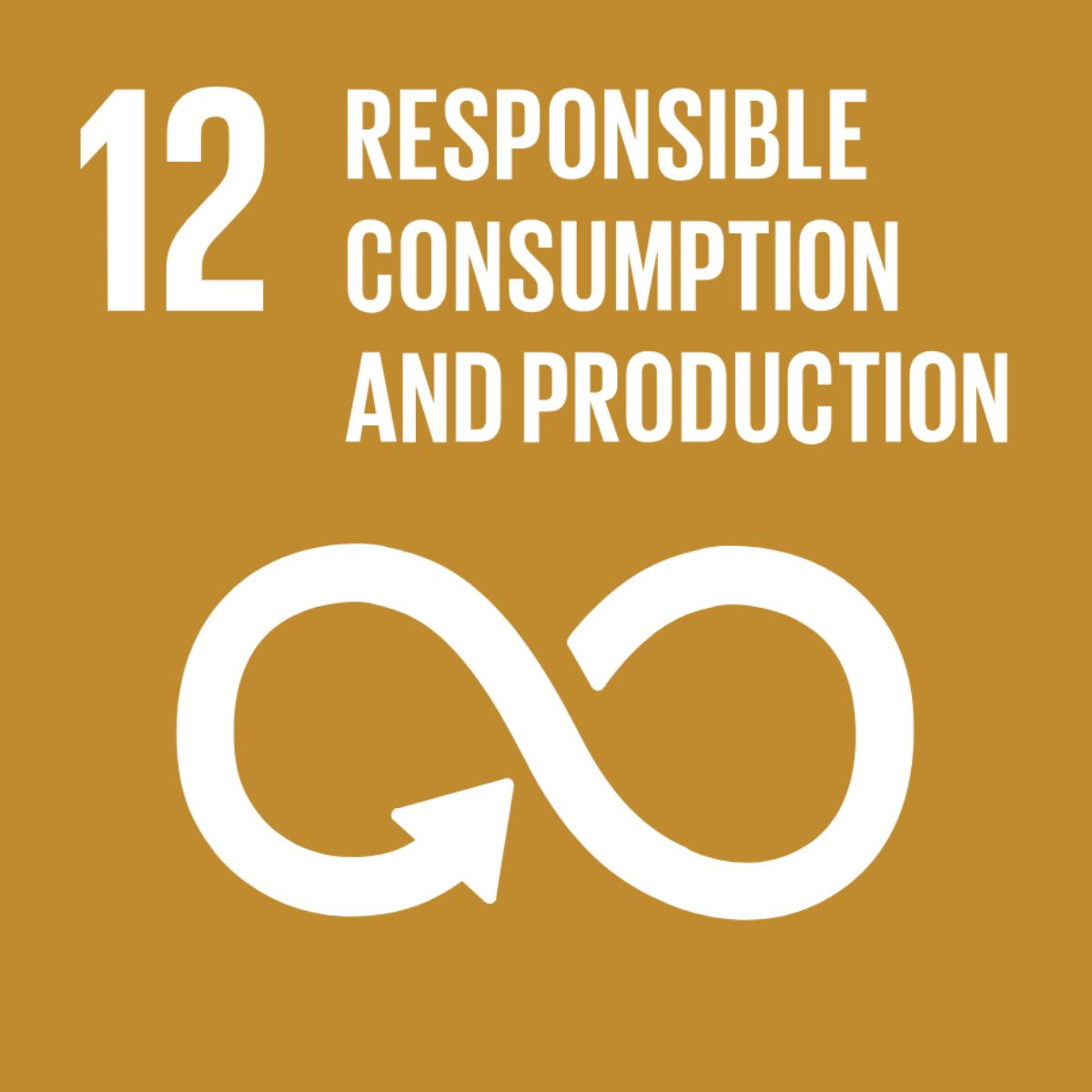
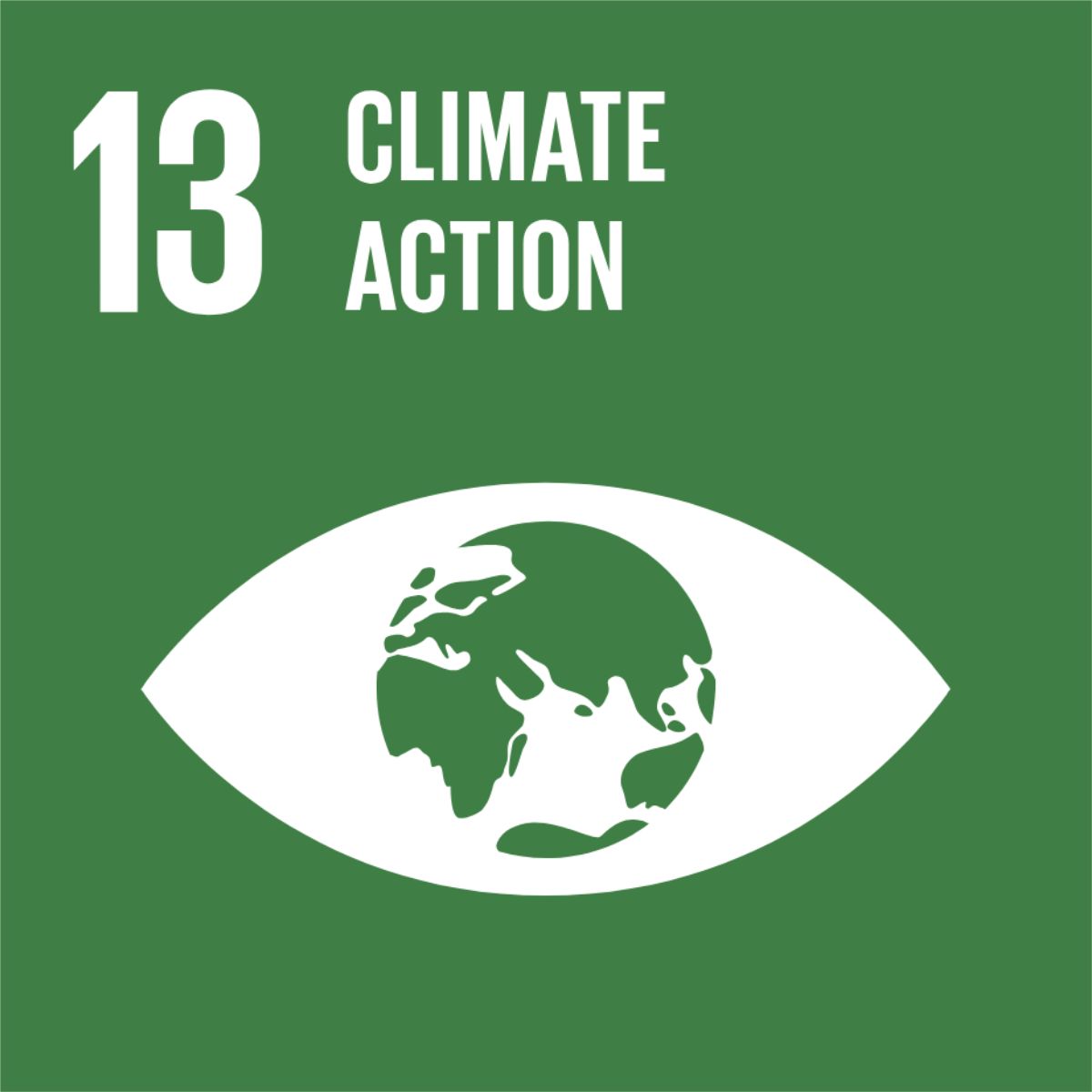
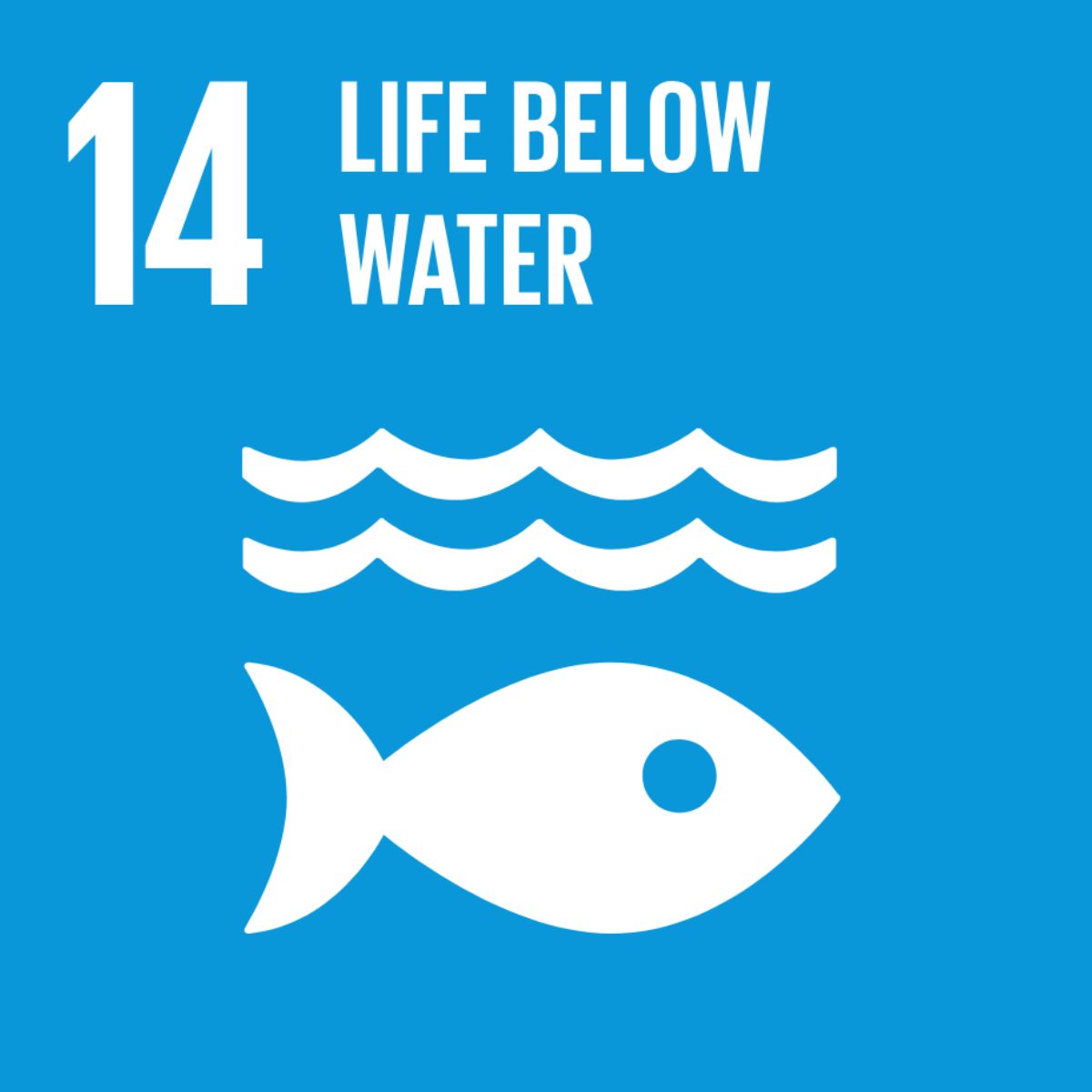
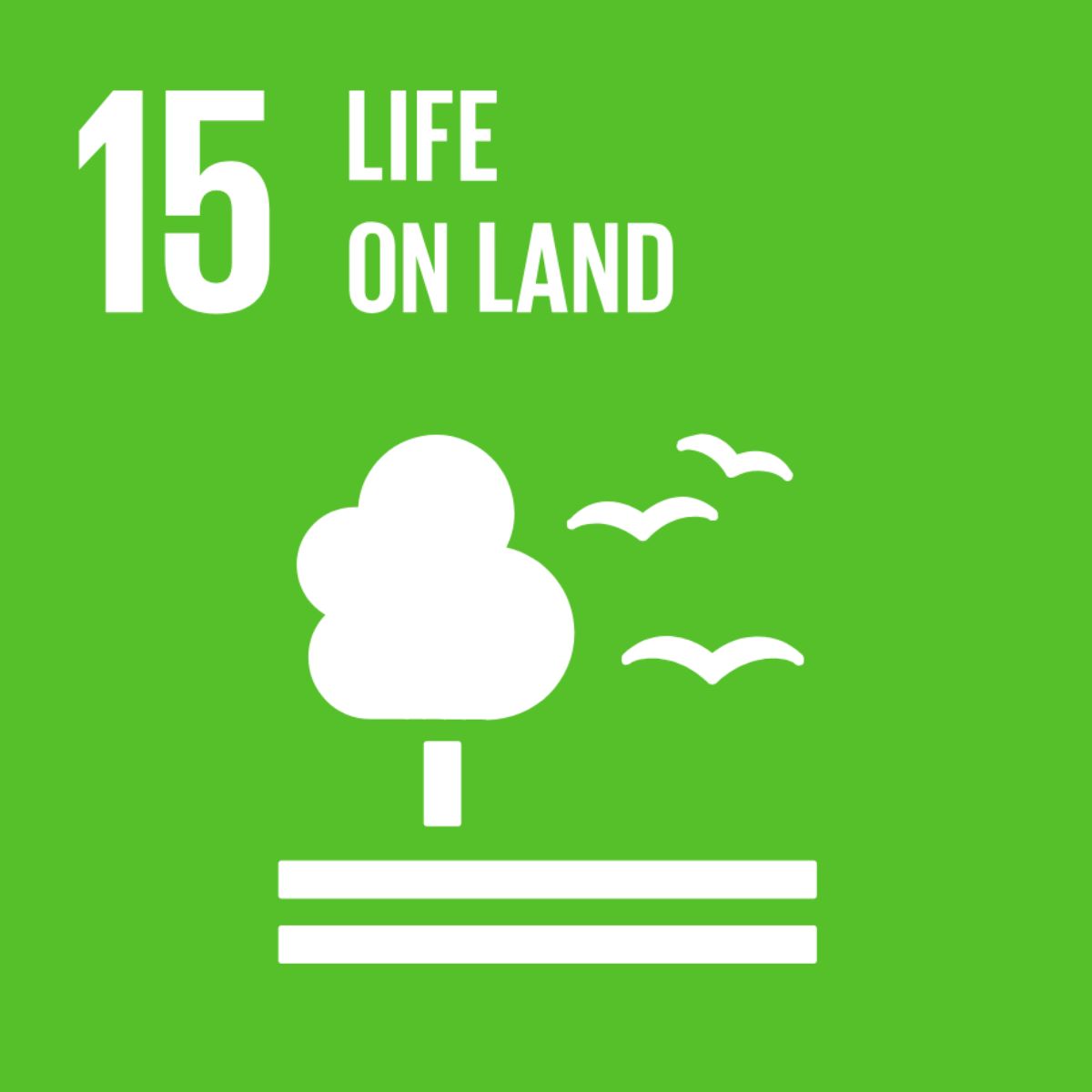
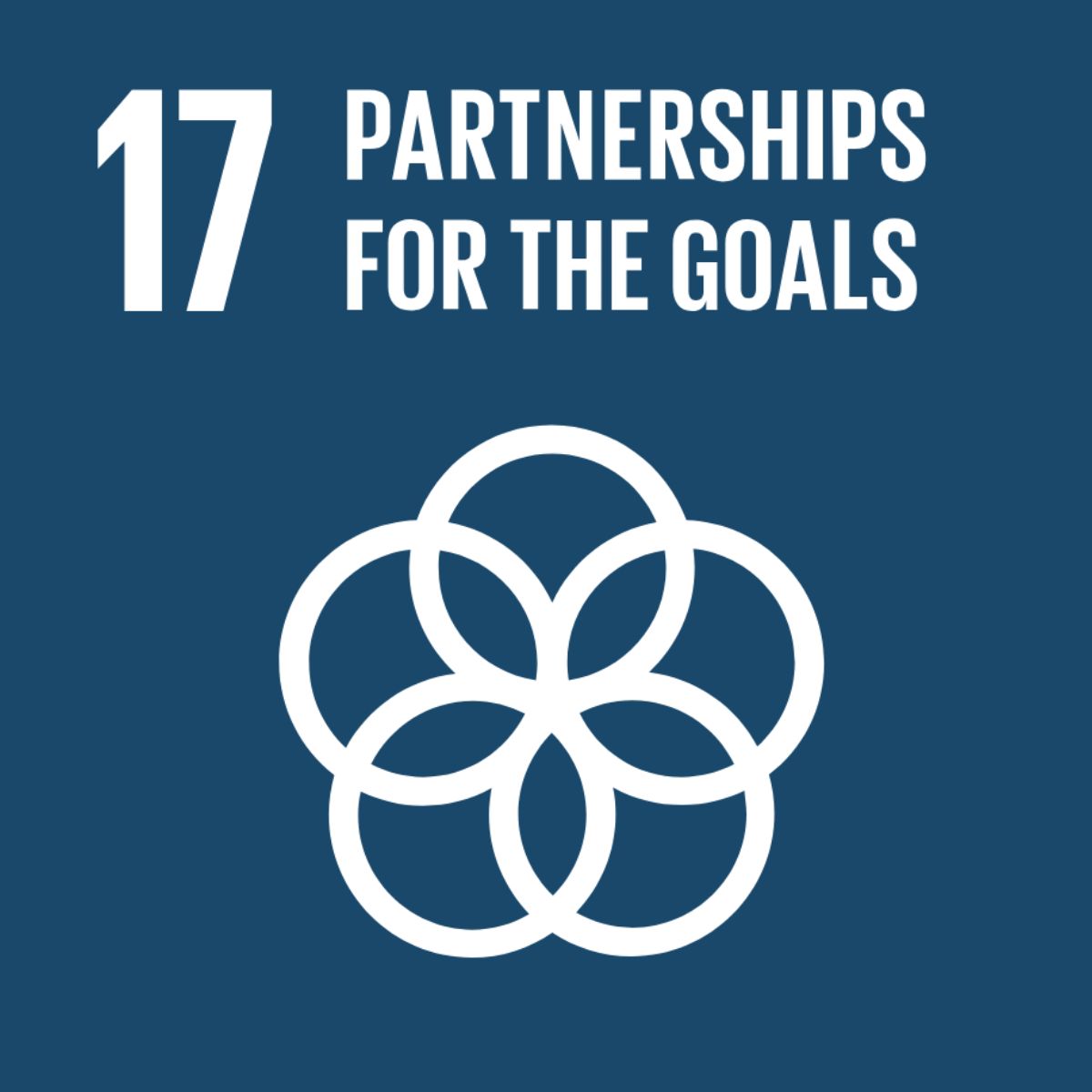
Donors and Partners
















Certified by




